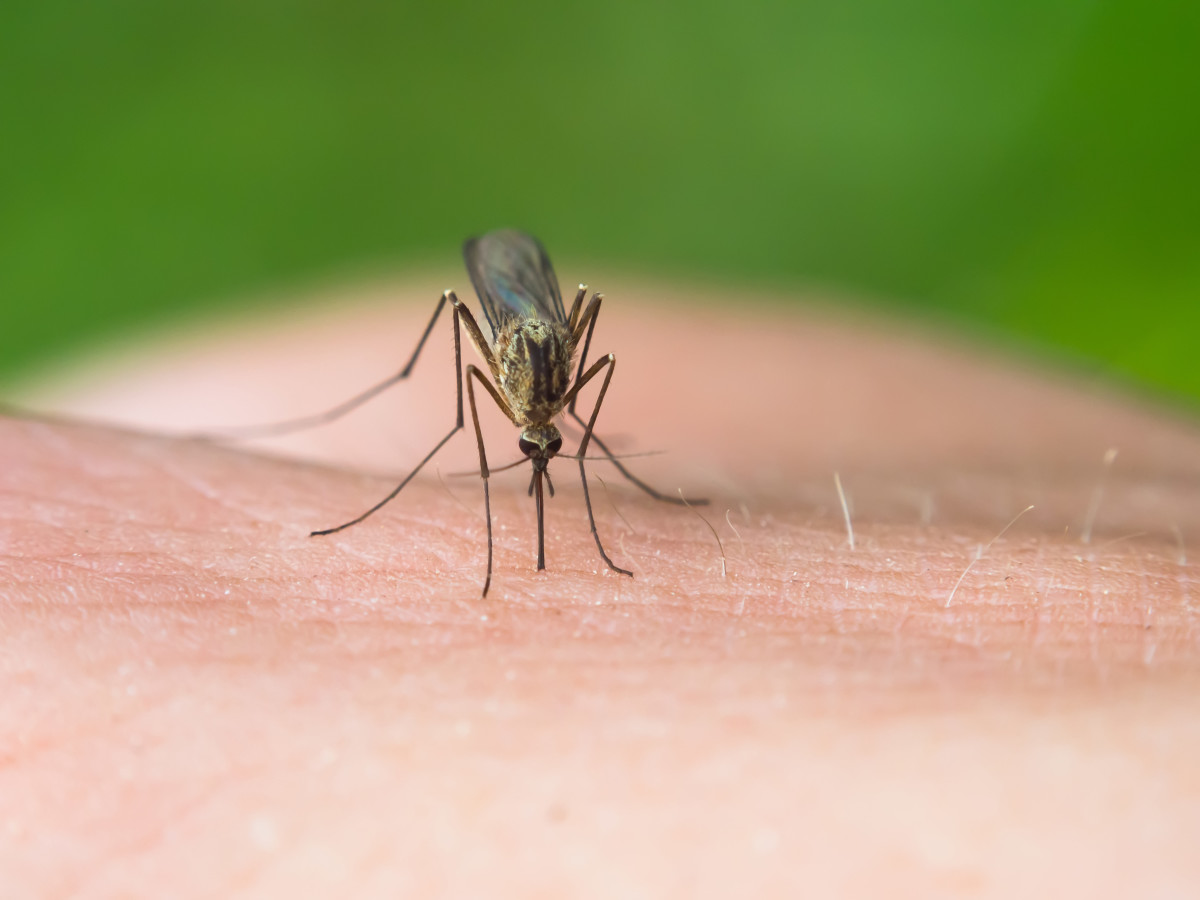With the summer season approaching, the spread of West Nile fever in Gush Dan remains a cause for concern. Nearly 30 patients have been hospitalized with suspicion of the disease, with five of them in intensive care units, sedated and ventilated. The health system is bracing for hundreds more infections during the summer, with elderly individuals at a higher risk.
Lab tests at Beilinson Hospital confirmed that two deceased patients had West Nile fever, while three more patients are currently on ventilators. Tel Hashomer and Ichilov hospitals are also caring for ventilated patients. Another patient in his sixties is being treated at Wolfson Hospital in moderate condition. The Ministry of Health is urging the public to report any mosquito accumulation or standing water, protect themselves from bites, and seek medical attention if needed.
West Nile fever has been present in Israel since the 1950s, and although a tenth of the population has been exposed to the disease, only one percent will develop severe symptoms. Prof. Nadav Davidovitz, head of the public health program at Ben Gurion University, suggests that increased cases this summer may be due to climate changes leading to a higher viral load in birds. Prevention is key to avoiding further infections.
Pharmacy chains have reported a surge in demand for mosquito repellents following reports of West Nile fever cases. As the disease has been present in Israel for many years, outbreaks tend to occur during peak waves during the summer months. The infection rate varies each year but tends to affect individuals over 40 years old most commonly. Areas with infected mosquitoes include Sharon, Hadera, Pardes Hana-Karkur, and Caesarea regions.
The symptoms of West Nile fever range from mild to severe and can include flu-like symptoms such as fever, headache, body aches and fatigue. Neurological complications can also occur in approximately 1% of cases.
It’s important to note that West Nile virus does not spread person-to-person and there’s no specific treatment for it except alleviating symptoms with pain relievers or antiviral medications.
Prevention methods such as using repellents and reporting mosquito breeding sites are crucial in controlling the spread of this disease.
In conclusion


